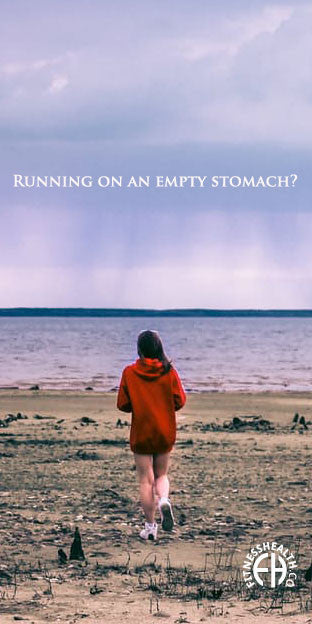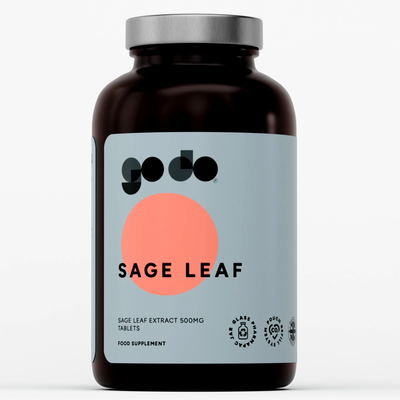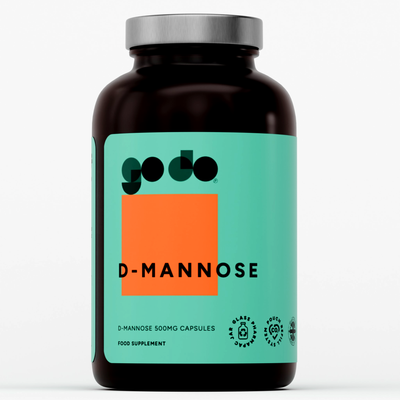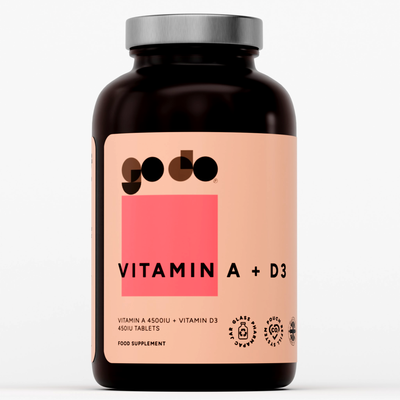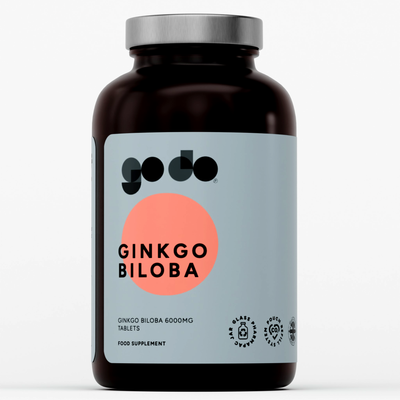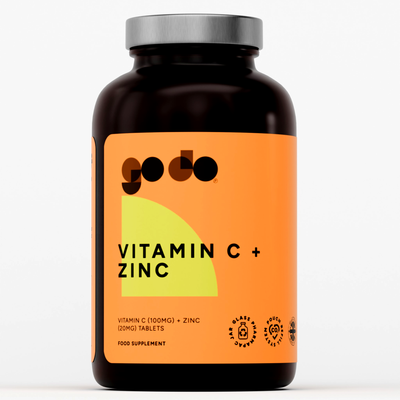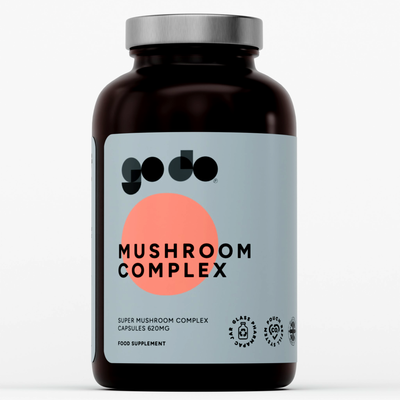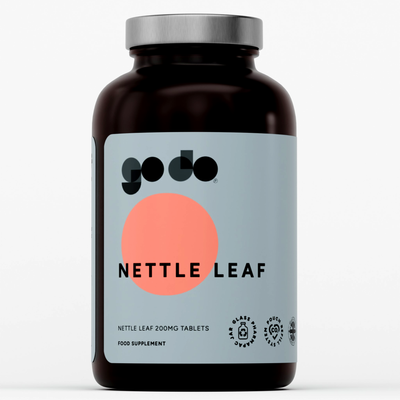
People have varying opinions about this subject. Some people do this as part of their usual routine, yet it is not an option for others. Read on to find out all you need to know about running on empty.
There is a myth that exercising on an empty stomach leads to a loss in muscle. This is untrue because the body stores glycogen, a form of glucose or sugar, in the muscles and liver. During the night, the body’s insulin and liver glycogen levels reduce but the glycogen levels in the muscles don’t. When you go running in the morning, your body will get its energy from the glycogen stored in your muscles.
It is best to eat something around two hours before a run to give you more energy, and so you are not hungry during your run. However, this won’t work for everyone. You could run on empty if you’re going on a short run that is low intensity, and lasts around 40-60 minutes.
If you always run with an empty stomach and have not had any negative effects, such as fatigue or dizziness, then you can continue to do this. However, you should bring a snack or sports drink with you in case. You should also do this if you want to start running on empty, when you haven’t before. If you have any medical conditions, such as diabetes, you should discuss a solution with your doctor.
It’s a good idea to drink water before a run. You haven’t been drinking while you were asleep, so you will be dehydrated. Aim to drink 8 ounces of water when you wake up, or a sports drink. Keep hydrating during your run if it is longer than 30 minutes.
If you are doing an intense workout or running for more than an hour, you could wake yourself up over an hour earlier than you do usually to fuel yourself with a small meal. If you don’t eat anything beforehand, you will use up all your stored energy and then feel hungry and fatigued. A carb-filled breakfast consisting of around 500 calories is the best for a high-intensity workout. Examples of this include: cereal with milk, one banana with an energy bar or a bagel topped with peanut butter. If you eat less than one hour before a run, have a lighter snack consisting of 300 calories, like yoghurt or toast and peanut butter.
It is possible to run on empty, but you’ll have a stronger run if you eat something beforehand. If you don’t have time to eat something or you get an upset stomach when eating before running, try eating a small snack or energy gel half an hour into a run.
